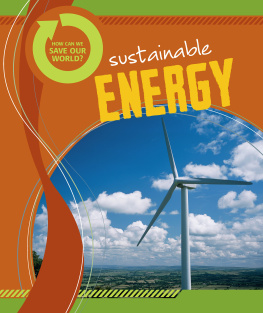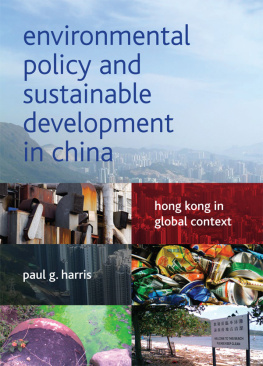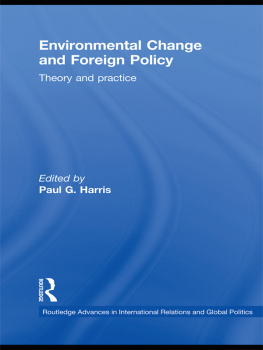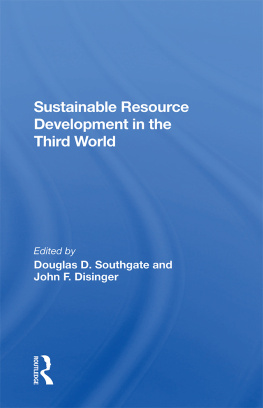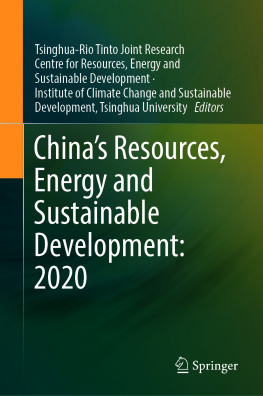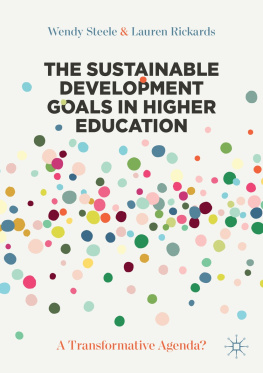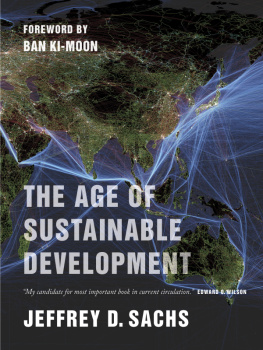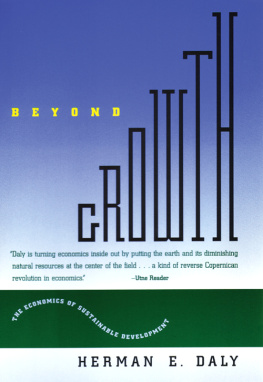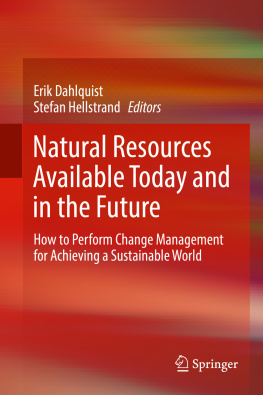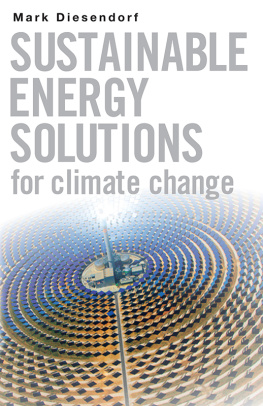Sustainable Development
Studies in Environmental Anthropology and Ethnobiology
General Editor: Roy Ellen, FBA
Emeritus Professor of Anthropology, University of Kent at Canterbury
Interest in environmental anthropology has grown steadily in recent years, reflecting national and international concern about the environment and developing research priorities. This major new international series, which continues a series first published by Harwood and Routledge, is a vehicle for publishing up-to-date monographs and edited works on particular issues, themes, places or peoples which focus on the interrelationship between society, culture and environment. Relevant areas include human ecology, the perception and representation of the environment, ethnoecological knowledge, the human dimension of biodiversity conservation and the ethnography of environmental problems. While the underlying ethos of the series will be anthropological, the approach is interdisciplinary.
For full volume listing, please see page 557
Sustainable Development
An Appraisal from the Gulf Region
Edited by
Paul Sillitoe

First edition published in 2014 by
Berghahn Books
www.berghahnbooks.com
2014, 2017 Paul Sillitoe
First paperback edition published in 2017
All rights reserved. Except for the quotation of short passages
for the purposes of criticism and review, no part of this book
may be reproduced in any form or by any means, electronic or
mechanical, including photocopying, recording, or any information
storage and retrieval system now known or to be invented,
without written permission of the publisher.
Library of Congress Cataloging-in-Publication Data
Sustainable development : an appraisal from the Gulf Region / edited by
Paul Sillitoe. First edition.
pages cm (Environmental anthropology and ethnobiology ; volume 19)
Includes bibliographical references and index.
ISBN 978-1-78238-371-0 (hardback : alk. paper) ISBN: 978-1-78533-353-8
(paperback) ISBN 978-1-78238-372-7 (ebook)
1. Sustainable developmentPersian Gulf Region. 2. Sustainable
developmentGovernment policyPersian Gulf Region. 3. Economic
developmentEnvironmental aspectsPersian Gulf States. 4. Environmental
policyPersian Gulf States. I. Sillitoe, Paul, 1949, author, editor of compilation.
HC415.3.Z9E578 2014
338.9536'07dc23
2014000990
British Library Cataloguing in Publication Data
A catalogue record for this book is available from the British Library
ISBN 978-1-78238-371-0 hardback
ISBN: 978-1-78533-353-8 paperback
ISBN 978-1-78238-372-7 ebook
Contents
Sheikha Al-Misnad
Paul Sillitoe
Mark Manuel, Robin Coningham, Gavin Gillmore and Hassan Fazeli
Trudy Tan, Aziza Al-Khalaqi and Najla Al-Khulaifi
Khondker Rahman
Bahaa Darwish
Wesam Al Othman and Sarah F. Clarke
Thomas Henfrey
Emma Gilberthorpe, Sarah F. Clarke and Paul Sillitoe
Rodney Wilson
Ben Campbell
Paul Sillitoe with Ali Alshawi
James Howard
Nobuyuki Yamaguchi
Ali A. Alraouf and Sarah F. Clarke
Andrew M. Gardner
Sarah F. Clarke with Salah Almannai
Mylne Riva, Catherine Panter-Brick and Mark Eggerman
Gina Porter
Serena Heckler
Fadwa El Guindi
Kaltham Al-Ghanim
Paul Sillitoe
Illustrations
Figures
for population).
for key to numbers).
).
Tables
Boxes
Foreword
Sheikha Al-Misnad
It is my privilege to introduce this timely book which challenges us all, in the academic realm and beyond, with the question: how can sustainable development be achieved by a country and indeed a region so heavily reliant on hydrocarbon resources and on an accelerated trajectory of economic and urban development? This question has occupied policymakers in Qatar for several years now, and the State of Qatar has made great strides in positioning sustainable development as a cornerstone of its future outlook in both the Qatar National Vision 2030 and the National Development Strategy 20112016.
The book begins by exploring the definition of sustainable development, which has been used in a wide variety of contexts. For some, sustainability refers to environmental sustainability and the concern over practices that deplete irreplaceable natural resources. For others, the main feature of sustainability is financial sustainability, meaning the ability of an organization or even a project to maintain itself and provide for its future needs given a limited set of financial resources. Others still are concerned about sustaining local culture and traditional ways of life in the midst of fast-paced changes. The different emphases are certainly not mutually exclusive, and they share an underlying concern. The concern is over maintaining present gains while considering their future costs. It is a concern over what we leave behind for the coming generations and the type of burdens they will inherit.
Any discussion of sustainability is therefore necessarily a discussion of roles that need to be defined clearly and of responsibilities to be shared. It is a discussion that touches us all in our different walks of life. The themes of the book: energy and economics, urban issues, environmental issues and social and cultural development all point to the complex and interrelated nature of sustainable development.
The book draws on work undertaken as part of the sustainable development initiative at Qatar University in partnership with Qatar Shell GTL, which rightly points out that there is urgent need for education and discussion of sustainable development in our region. Indeed as the primary units of socialization, the place where values are shaped and visions of the future are nurtured, educational institutions, like Qatar University, have a natural role and even a moral obligation to lead the intellectual and values debate about sustainability.
There have been several initiatives around the world to integrate the concept of sustainability into education. They have ranged from adjustments of the academic curriculum to changes in the physical environment and infrastructure of educational institutions. There is much that remains to be explored and learned from those initiatives. However, we do know some facts. We know that the issue of integrating sustainable development into education involves building a knowledge base that may necessitate modifications to the curricula. However, the more difficult battle is that of values that would facilitate teaching and practicing sustainability. What is needed is fundamentally a shift in long-held beliefs, behaviors and values, and, as we all know, this is the most difficult part of any effort to change. The upcoming generation in this region has known nothing but abundance and wealth. It is not easy for such a generation to consider the impact of their lifestyles and to think seriously about how to change them. With all the tools of globalization at their disposal, this generation, perhaps more than any other, has been bombarded with all kinds of messages about the ideal way of life, the meaning of success and their right to pursue them. How educators can impart a sense of responsibility towards the future and towards other people who share this planet is a challenge that we all need to think about.
Next page

